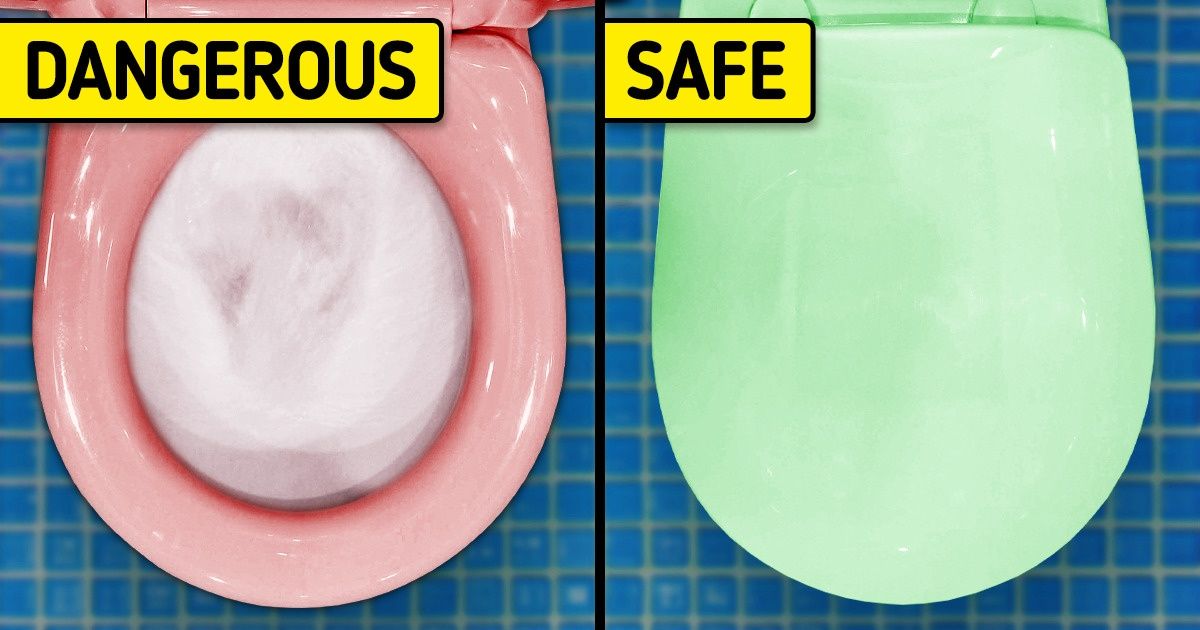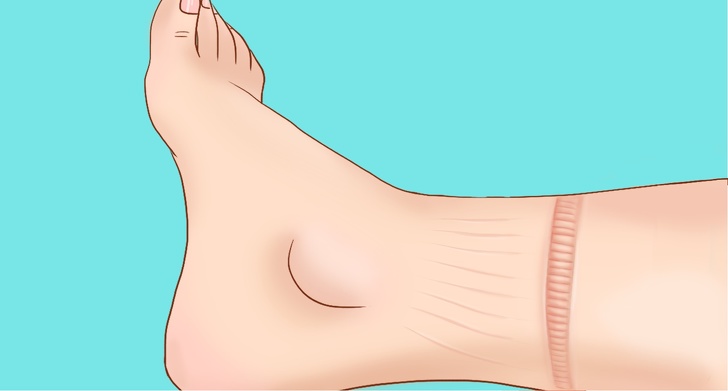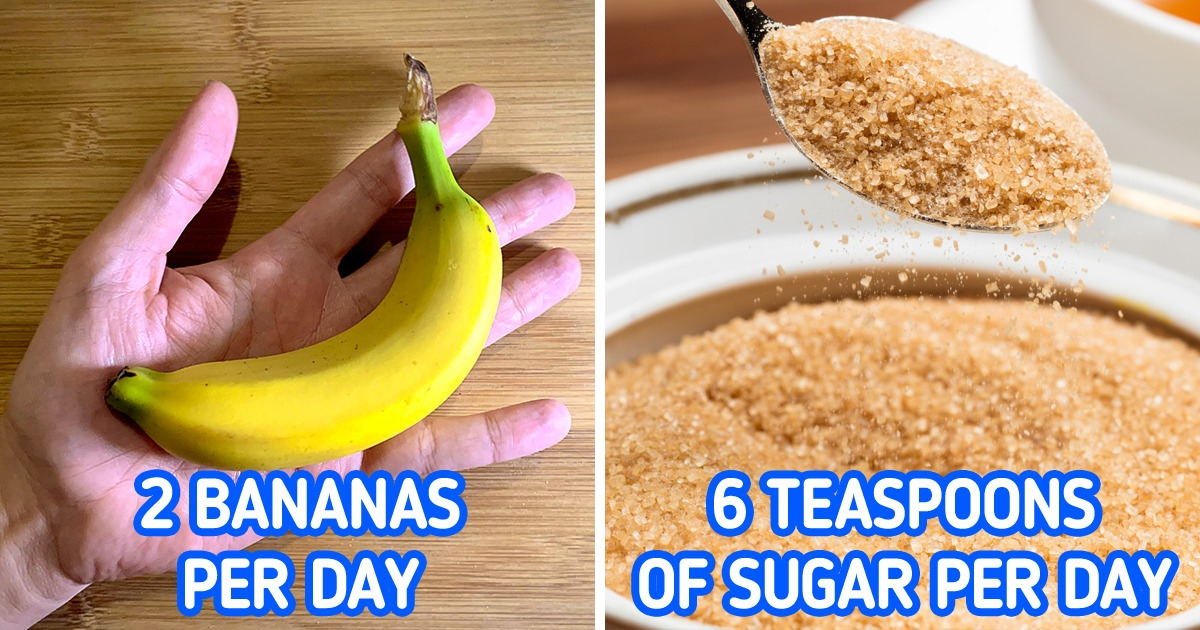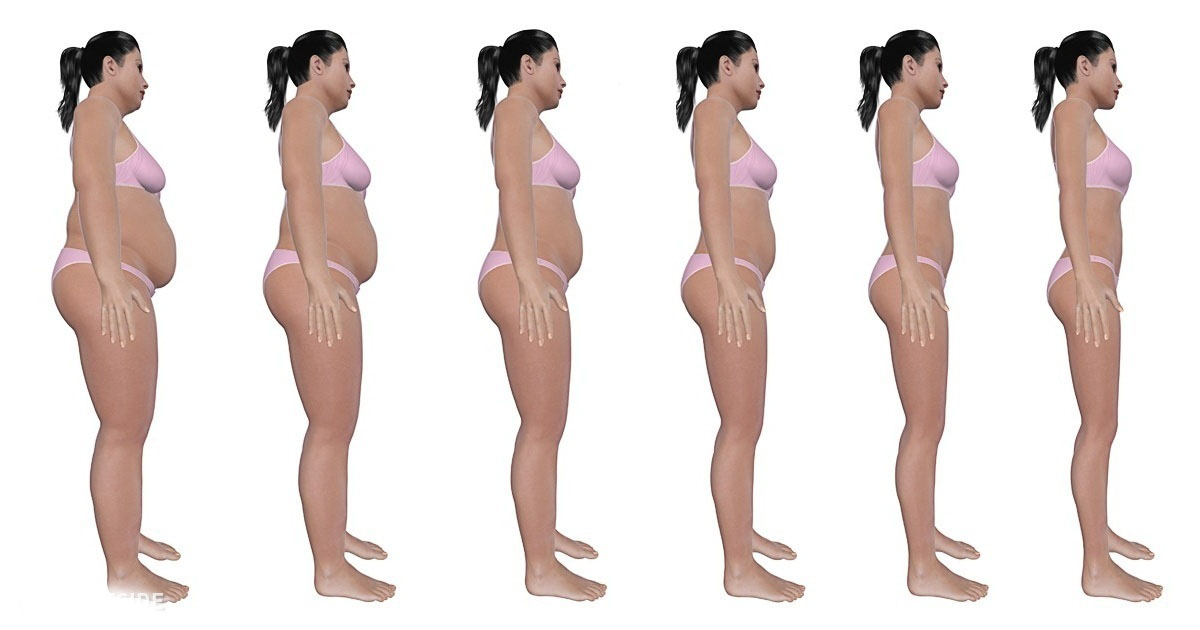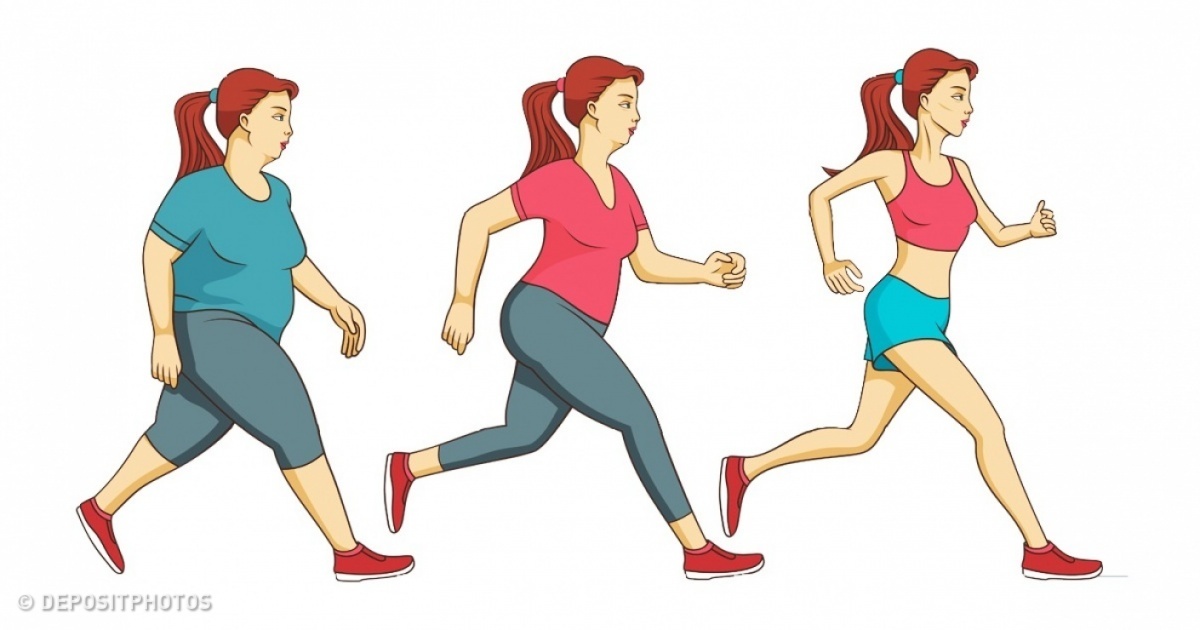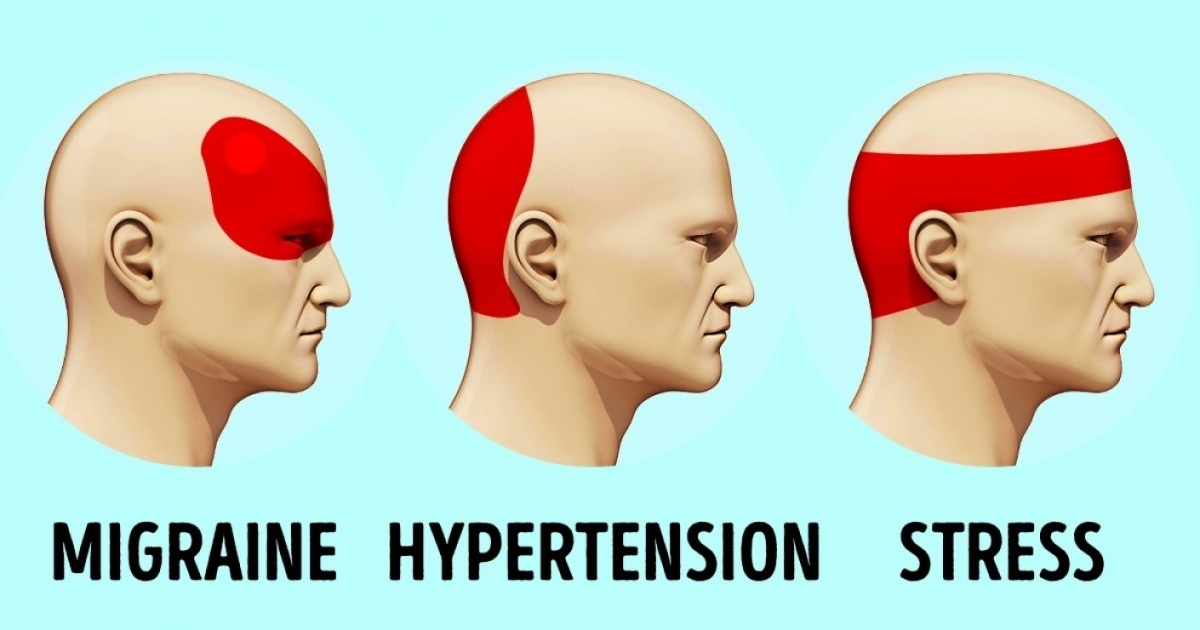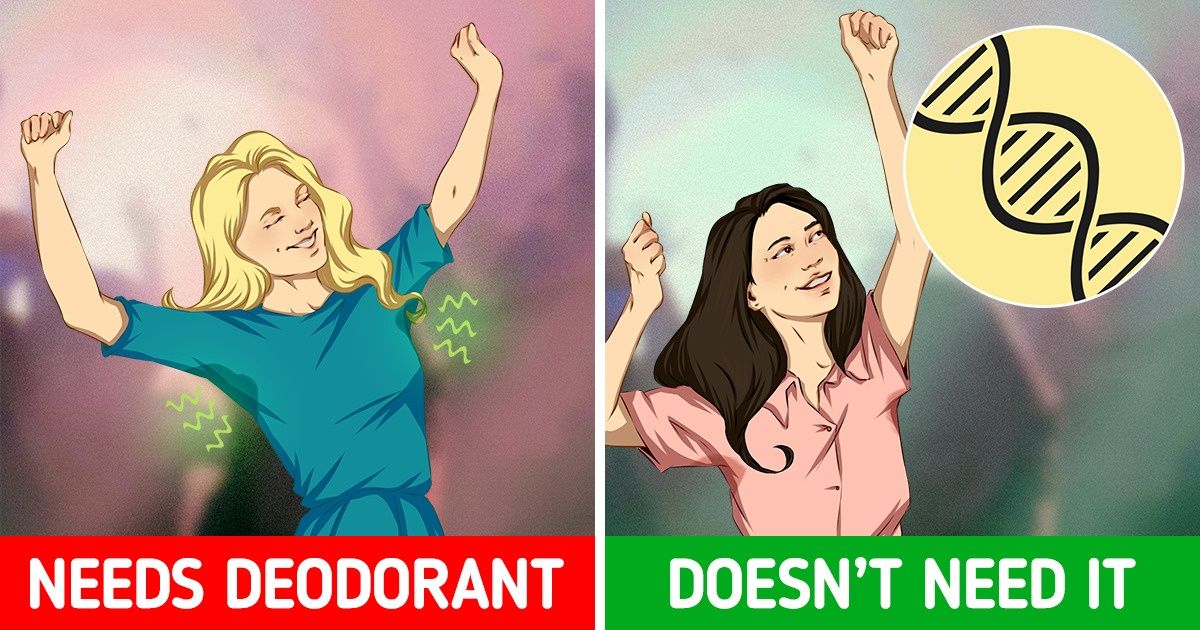Gaining weight can be very frustrating and not knowing what is causing it can make you feel more restless. Although diets help with weight loss, they are also the main factor in gaining fat and getting caught up in yo-yo dieting.
However, there are reasons for this that you may not know about, and that is part of your daily life.
We want to help you stop gaining weight and finally enjoy the body you’ve been working on all this time.
Reasons You Regain the Weight
6. Sometimes Exercise Can Make You Gain Weight
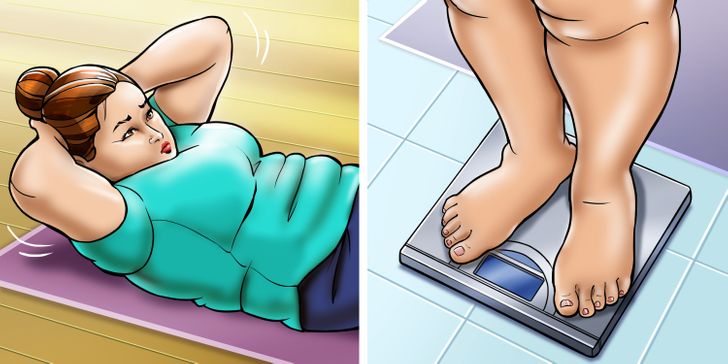
Yes, it is possible for a workout to lead to weight gain – well, temporarily at least. This can be a sign that you are working hard to see great results.
This is because exercise damages muscle tissue and the repair process allows muscles to grow and strengthen.
In the meantime, however, inflammation occurs, and along with fluid build-up, you can mistake this temporary weight gain as added fat.
5. You’re Stuck In Yo-yo Dieting
When you gain weight unintentionally after intentionally losing it, this is known as a yo-yo diet. If this pattern continues, you risk gaining weight over time.
In some cases, restrictive eating can lead to future weight gain due to the body’s physiological responses to changes in satiety and hunger.
If you plan to lose weight on a restrictive diet, you will likely regain your fat in 5 years. But to keep your weight down, you must change your lifestyle rather than dieting.
This means cutting out sugary and processed foods, adding exercise to your routine, and eating nutritious foods rich in protein and fiber.
4. You’re Not Eating Enough Fiber And Protein
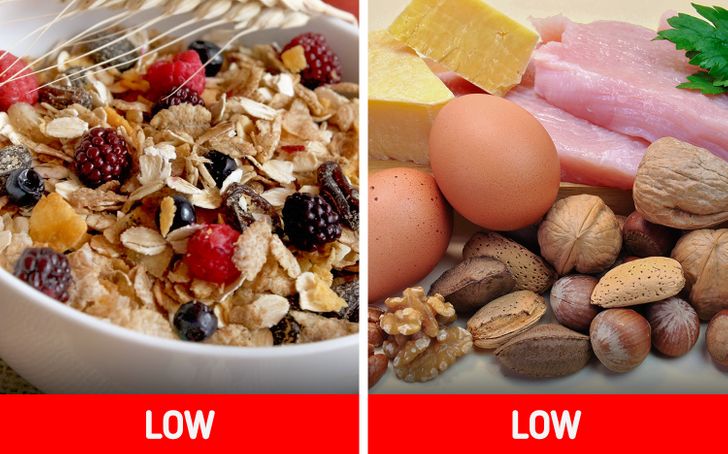
If you neglect fiber and protein, it may be the reason your fat is coming back. Fiber helps control your appetite and gives you the feeling of being full for longer.
Increase your intake of legumes, beans, and veggies to get a good amount of fiber. Eating 14 grams of fiber every day can lower your calorie intake by up to 10%.
Additionally, a lack of protein can also make you gain weight. Protein also makes you feel full longer, even without eating a lot.
Plus, it can preserve muscle mass and increase metabolism, which is important for maintaining a healthy weight.
3. You’re Too Social

Our social life is important when it comes to maintaining a good balance between work and personal time. However, if you like hanging out with your friends and colleagues, you are often tempted to drink and eat more.
This means that by participating in more social events, you are adding calories that can cause you to gain weight.
2. You Shop Without A Grocery List
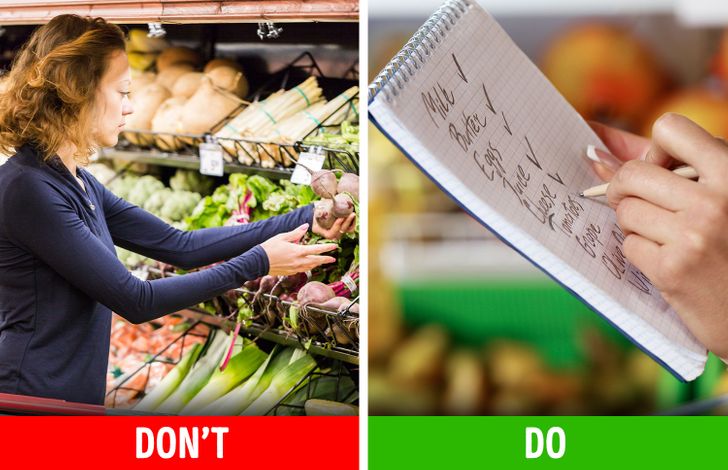
If you shop without a shopping list, it may be one of the reasons you are gaining weight.
Not only do shopping lists help you save time and money, but they can also prevent you from making impulse purchases, which are often unhealthy.
1. You Get Too Many Calories From Drinks

Drinking sodas, juices, and other types of beverages may be the reason you are gaining weight. Our brain does not calculate the calories in drinks, it calculates them from food.
This means that you will continue to eat your food later and will contribute to fat gain.
Did you regain your fat after dieting? Do you have any tips to share with us to keep the weight loss lost forever?

